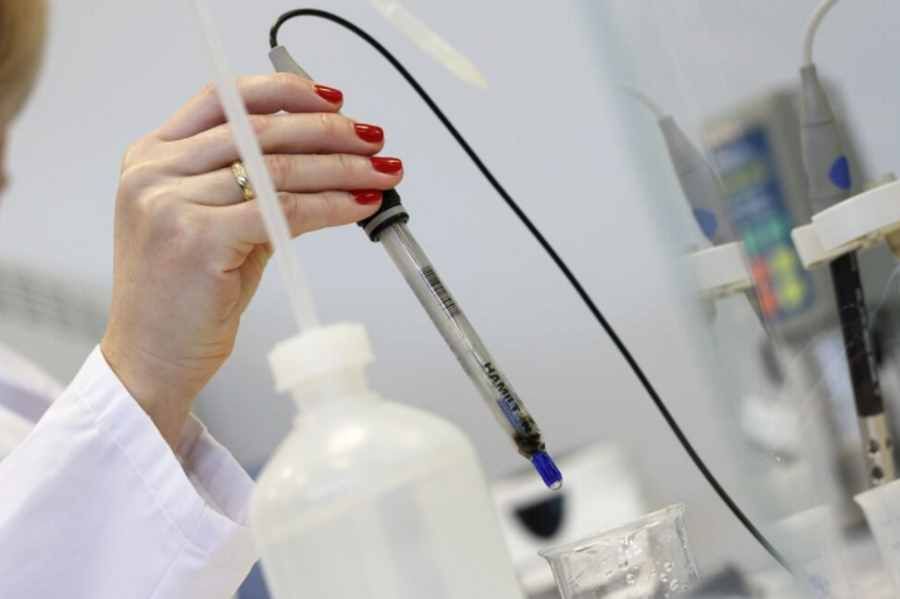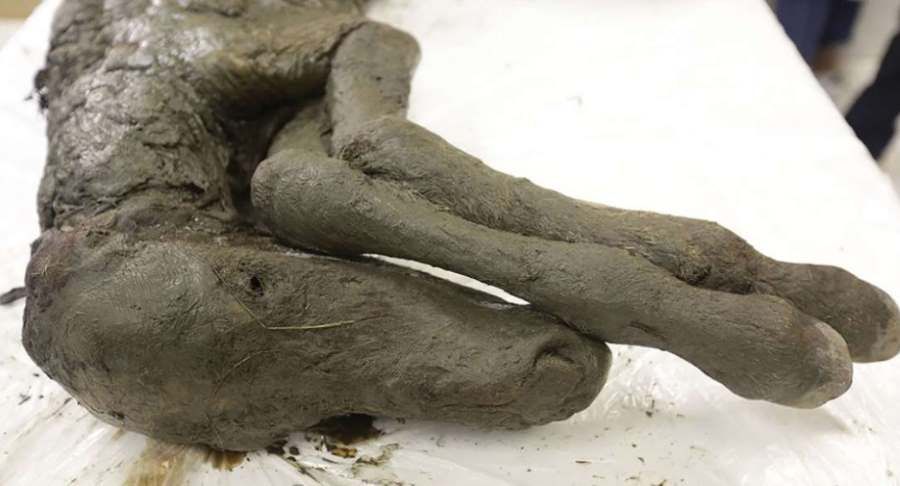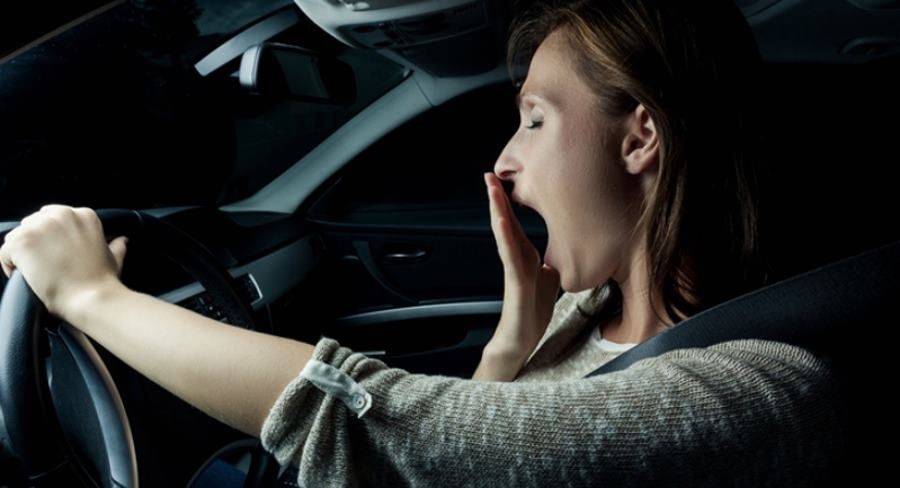Bialystok scientists received a patent for artificial saliva
The Bialystok University of Technology, the Medical University of Bialystok and the company Nantes Nanotechnology Systems have received a patent for the invention “Natural saliva substitute”. The artificial saliva preparation moisturizes and lowers friction in the mouth helping patients using eg. dentures or disrupting the secretion of natural saliva, for example. in cancer therapy.
Artificial saliva is the work of Professor Jan Dabrowski and Dr. Ing. Joanna Mystkowska of the Bialystok University of Technology and Professor Halina Car and Dr. Katarzyna Niemirowicz of the Medical University of Bialystok. Research on the preparation has been going on for 10 years.
Natural saliva substitute can affect the life of osób having problems with the secretion of natural saliva. It mainly concerns waspsób undergoing cancer therapy or osób taking someóre drugs for depression, whichóre inhibit the secretion of saliva. The problem is also being faced by patientóin those treated for cardiovascular diseases and diabetes. Denture wearers will also experience improvements using this preparation.
As we read on the website of the Bialystok University of Technology, this problem can affect up to 40 percent of the. population. – The number of osób, którym is needed for the preparation of artificial saliva is surprising róalso for us,” admitted Prof. Car.
– We have developed a preparation thatóry performs many functions of natural saliva, primarily lubricating and antimicrobial functions. Natural saliva, however, has much broader properties, and to replicate them we wanted to enrich our preparation with, for example, remineralizing or immunomodulating features, i.e. those thatóre will contribute to the reconstruction of damaged mucusóoral cavity – said Dr. Ing. Joanna Mystkowska quoted by the website of the Bialystok University of Technology
Wspóln the modern wayób of living under tension and stress, and with inadequate hygiene, can affect saliva secretion disorders. – With a disorder of saliva secretion, we are unable to móing, eating, swallowing, the digestive, cleansing, remineralization properties are lowered, Mystkowska cited by PAP indicated.
She added that the preparation does not cause wear and tear of mechanical elementsóin orthodontics or prosthetics, so that they can serve patients longer. It was this wear and tear, Dr. Mystkowska explained, that inspired the work on artificial saliva, when the rate and manner ofób wear elementóin dental prosthetics.
The therapy consists mainly ofównie on taking supplementalóin diet and the use of appropriate preparationsów. Artificial saliva consists of mucin, xanthan gum and a colloidal solution of nano-gold, was prepared using saline treated with low-temperature and low-pressure plasma. Nanogold gave the formulation antimicrobial properties – not allowing biofilm growth.- Gold blandly takes care of oral hygiene for patients, but can also affect the regeneration of epithelial – explained Dr. Katarzyna Niemirowicz.
Sourceósource: PAP, Bialystok University of Technology, fot. Faculty of Mechanical Engineering at Bialystok University of Technology


